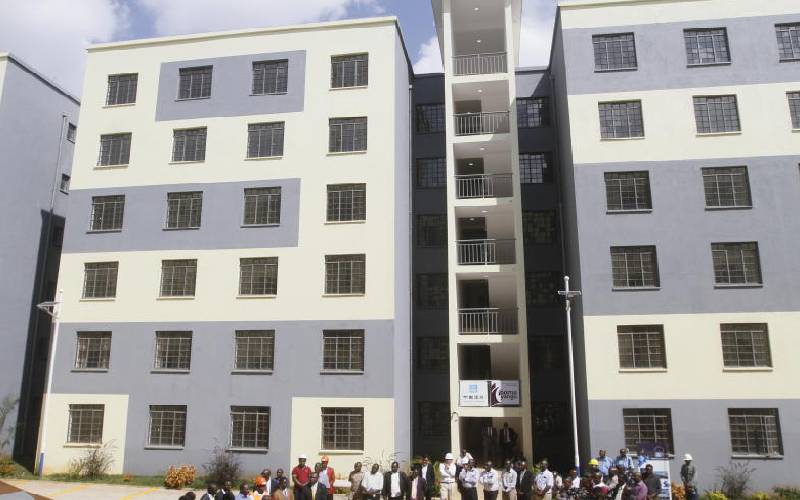×
The Standard e-Paper
Join Thousands Daily

Some of the apartments of Park-road Housing project which were started in 2019 and are now complete. [File, Standard]
When it comes to the Affordable Housing Programme (AHP), an important but easy to overlook segment are the institutional buyers. They comprise employers with employee mortgage schemes and even saccos. Their members are ready and willing to buy homes, but housing units within their price range have not been available in the market.